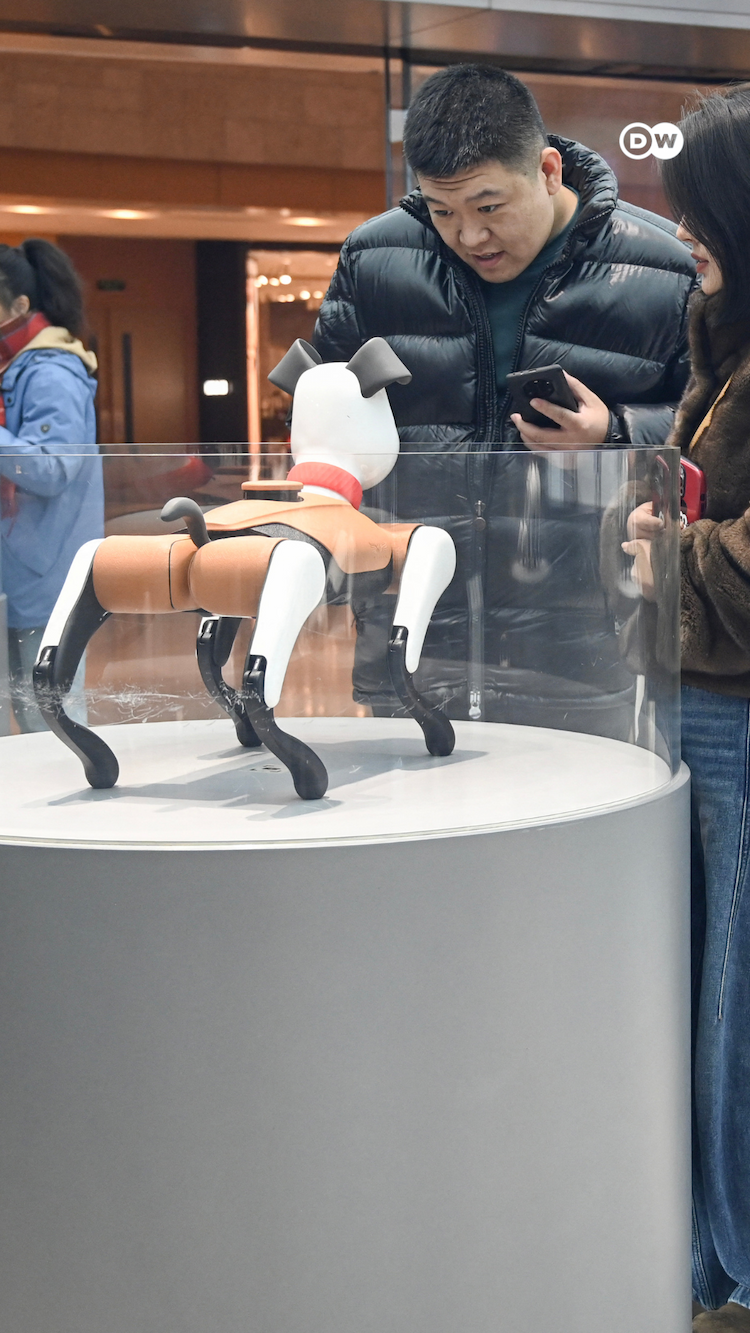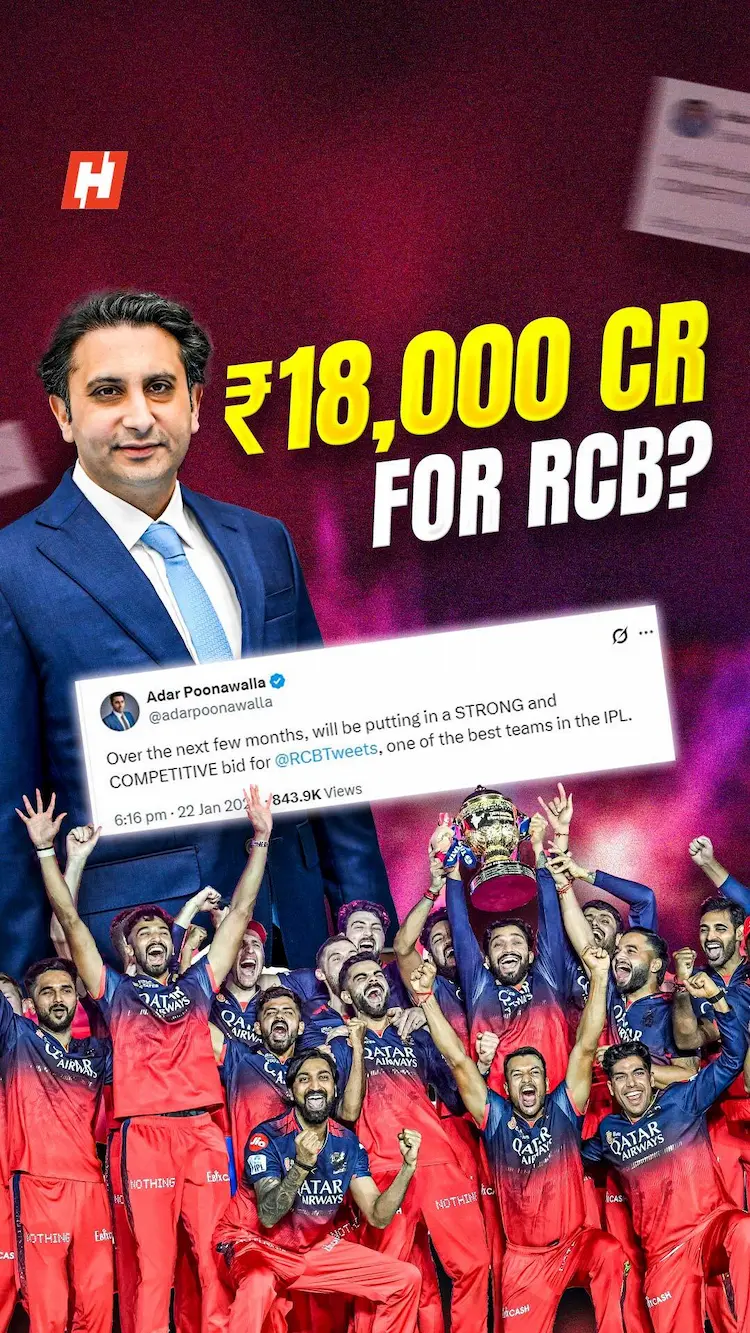"Too heartbroken to work”: The most honest leave application ever
Breakups can be hard to deal with. But would you ever tell your boss that you’re too heartbroken to work? One Gen-Z employee recently did exactly that and his unapologetic honesty has sparked a conversation online about emotional openness in the workplace.
The Most Honest Leave Application
The employee’s email was short and to the point. The subject line read, “Leave from 28th to 8th.” The message itself was even simpler:
“Hello sir, I recently had a breakup and haven’t been able to focus on work. I need a short break.”
No excuses, no jargon just honesty. It was the kind of message that could easily go either way: either earn appreciation for transparency or lead to HR trouble.
The Boss’s Reaction
Instead of being upset, Jasveer Singh, the CEO of KnotDating, appreciated the sincerity. He shared the email on X (formerly Twitter), calling it “the most honest leave application.” Singh added, “Gen Z doesn’t do filters,” a nod to the younger generation’s reputation for authenticity and directness.
When someone asked him whether he actually approved the leave, Singh replied, “Leave approved, instantly.” That simple response struck a chord online.
Social Media Applauds the Honesty
The post quickly went viral, amassing over 4.5 million views and hundreds of comments. Social media users had mixed reactions some found the situation humorous, while others admired the employee’s honesty.
One user joked, “Gen Z takes leave after a breakup. Millennials cried in the washroom and still met deadlines.” Another called it a “refreshing example of a boss who understands that emotional well-being matters.”
Redefining Professionalism
The viral post also reignited a broader discussion: should employees be open about their emotional struggles at work? For years, many workers have believed that professionalism means separating emotions from the job. But increasingly, younger professionals are challenging that notion — and leaders like Singh seem to be listening.
Empathy, authenticity, and mental health are becoming key elements of modern workplace culture. This short email, in its own way, highlights that shift.
The Bigger Question
If you were in this employee’s place, would you send that email? And more importantly would your boss approve it or send you straight to HR?









